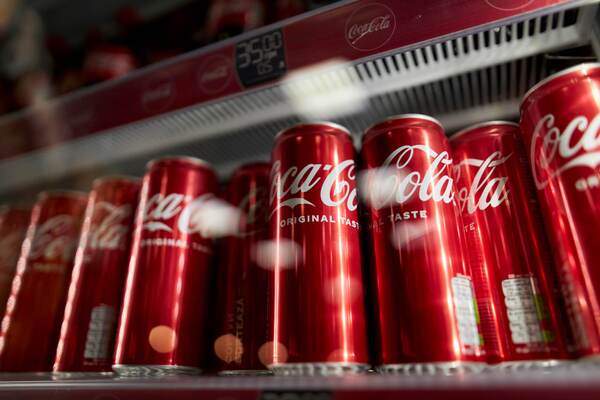Whitbread announces net zero carbon by 2040 target
The UK’s largest hospitality company Whitbread has committed to reaching net zero carbon emissions by 2040.
The Premier Inn owner, which also operates restaurant brands including Brewers Fayre and Beefeater, previously committed to reaching net zero by 2050 for its own operations but now plans to accelerate the programme under its Force for Good sustainability programme.
In practice, this means a strategic plan to reduce its scope 1 and 2 emissions (emissions from energy use within buildings owned and/or operated by Whitbread under all Premier Inn hotels and restaurants both in the UK and in Germany as well as company cars and Whitbread’s UK-owned logistics fleet) to zero.
It said a small remainder may need to be offset, for example by planting trees or utilising technology such as carbon capture and storage – but this is not Whitbread’s prime intention.
The company also said it would accelerate initiatives including:
- Reducing gas use across the estate by investing in efficient gas appliances or electric equivalents
- A maintained commitment to 100% renewable energy in the UK and now in German operations as far as possible
- Reducing emissions from company car fleets and distribution vehicles by moving to more electric and alternative fuel vehicles
- Installation of solar panels to support the use of renewable energy across Whitbread’s estate.
Chief executive Alison Brittain said: “Driving sustainability is at the heart of Whitbread’s strategy. Guests who stay with us can rest easy knowing they’re choosing a business which takes care of its people, the communities we operate in, and the world around us as well as one that is constantly striving to become even more environmentally-focused.
“We’re delighted to announce our new net zero target, which improves on our previous commitment, by bringing forward the date to achieve net zero from 2050 to 2040. This builds on a long-line of environmental ‘firsts’ for Whitbread, such as our drive to eliminate unnecessary single-use plastics. We’re scrutinising all aspects of our operation from business fleet to boilers to achieve our goal and achieving a net zero position a decade earlier than originally planned is the right thing to do for our business, our guests and the environment”.
Whitbread, which has over 800 hotels across the UK and more car park locations than the NCP, aims to install up to a thousand GeniePoint Network rapid charging points, beginning with 600 committed over the next three years.
The global hotel industry accounts for around 1% of global emissions.
Photo: Gary L Hider/shutterstock.com



















